
Johannes Peter Müller was a German physiologist, comparative anatomist, ichthyologist, and herpetologist, known not only for his discoveries but also for his ability to synthesize knowledge.
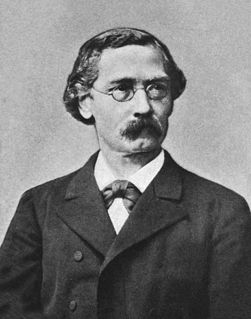
Ernst Felix Immanuel Hoppe-Seyler, néFelix Hoppe, was a German physiologist and chemist, and the principal founder of the disciplines of biochemistry and molecular biology.

Ernst Wilhelm Ritter von Brücke was a German physician and physiologist. He is credited with contributions made in many facets of physiology.

Rudolf Friedrich Johann Heinrich Wagner was a German anatomist and physiologist and the co-discoverer of the germinal vesicle. He made important investigations on ganglia, nerve-endings, and the sympathetic nerves.
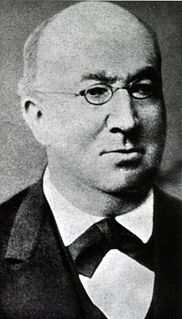
Gabriel Gustav Valentin, also Gabriel Valentin, was a German physiologist and professor of physiology at the University of Bern.

Prof Eduard Friedrich Wilhelm Pflüger FRSFor HFRSE was a 19th-century German physiologist.

Nathan Zuntz was a German physiologist born in Bonn. He was a pioneer of modern altitude physiology and aviation medicine.

Paul Zweifel was a German gynecologist and physiologist. In 1876 he proved that the fetus was metabolically active.

Sigmund Exner was an Austrian physiologist born in Vienna.
Wilhelm Heinrich Heintz was a German structural chemist from Berlin.

Adolph Strecker was a German chemist who is remembered primarily for his work with amino acids.

Eugen Freiherr von Gorup-Besanez was an Austrian-German chemist.

Otto Linné Erdmann was a German chemist. He was the son of Karl Gottfried Erdmann, the physician who introduced vaccination into Saxony.
Ernst Wilhelm Theodor Trendelenburg was a German physiologist known for his work in physiological optics.

Adolf Loewy was a German physiologist.
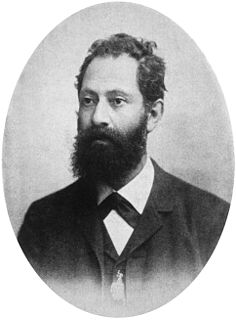
Julius Isidor Rosenthal was a German physiologist who was a native of Labischin.
Richard Felix Marchand was a German chemist. His son was the physician Felix Jacob Marchand (1846–1928).
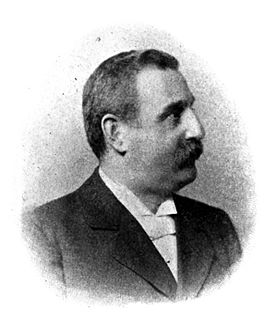
Immanuel Munk was a German physiologist. He was the younger brother of physiologist Hermann Munk (1839–1912).
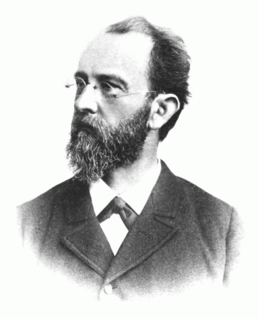
Gustav von Hüfner was a German chemist.

Karl Gotthelf Lehmann was a German physiological chemist.

















